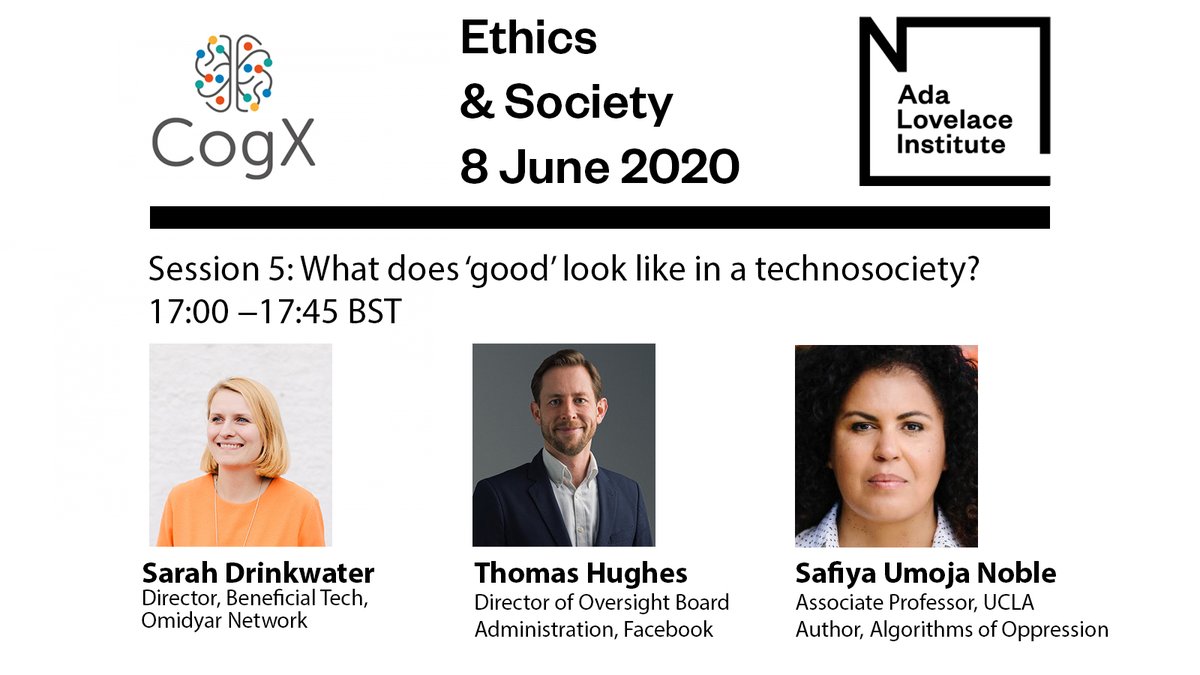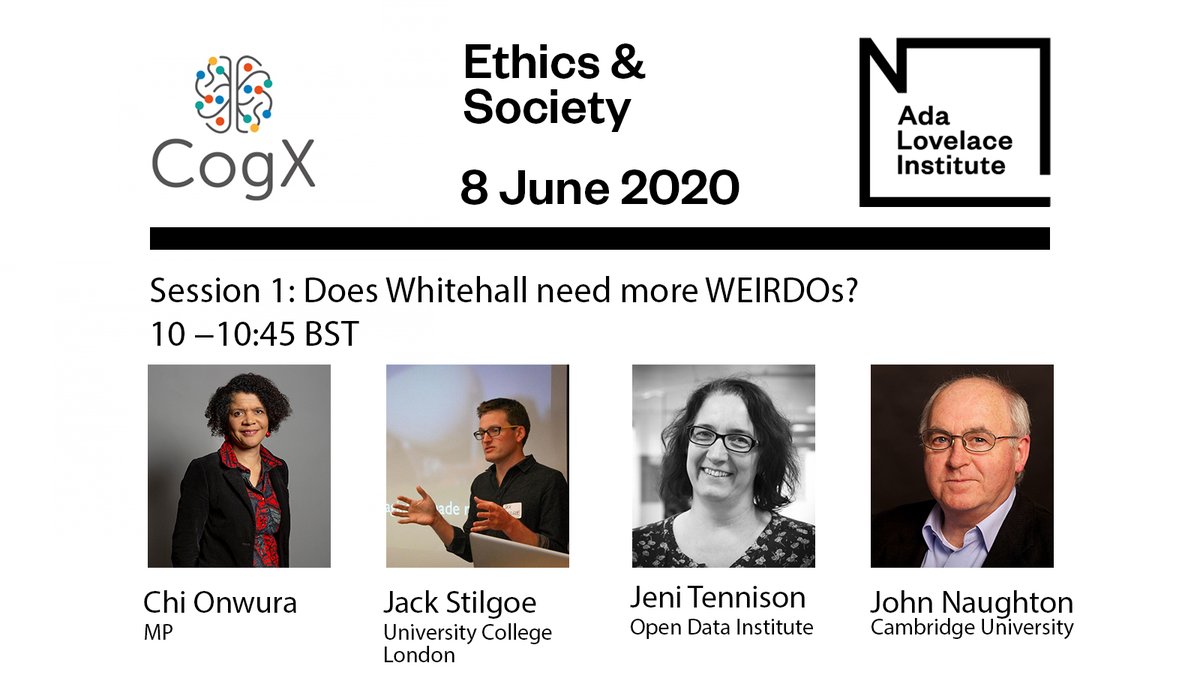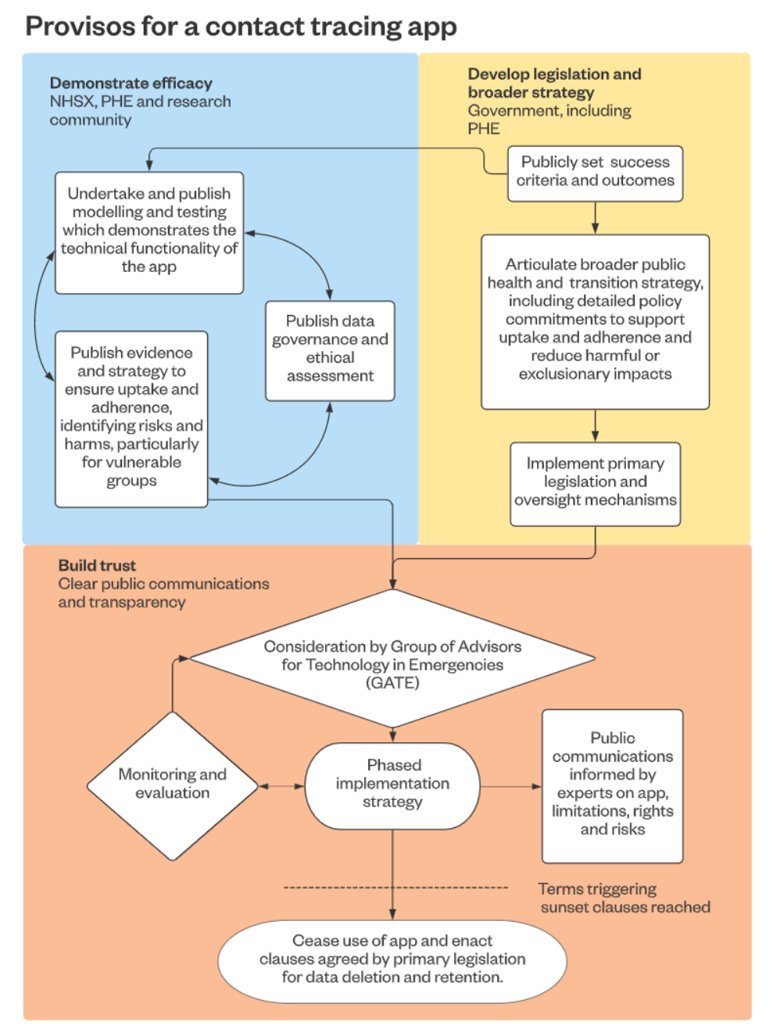
Today, the @DCMS & @OfficeforAI publish the UK’s #NationalAIStrategy, which supersedes the AI Sector Deal, last updated in 2019. Important takeaways 👇
1/10
1/10
This new strategy represents an important articulation of the UK’s ambitions to cultivate and harness the power of AI. It provides welcome detail on the Government’s proposed approach to AI investment, and their plans to grow the UK's AI research & commercial sector.
2/10
2/10
It highlights areas in urgent need of further policy thinking and development on AI governance, and makes a commitment to addressing this gap.
#NationalAIStrategy
3/10
#NationalAIStrategy
3/10
The Strategy notes the challenges associated with regulating AI, and surveys some of the different regulatory approaches that could be taken but, crucially, remains agnostic on which might work best for the UK.
#NationalAIStrategy
4/10
#NationalAIStrategy
4/10
Instead, it asks whether the UK current approach to AI regulation is adequate, and commits to set out in an early 2022 white paper ‘the risks and harms posed by AI technologies and our [the UK Govt’s] proposal to address them’.
#NationalAIStrategy
5/10
#NationalAIStrategy
5/10
This would be the first step to ensuring the UK does not get left behind other parts of the world that have already started laying out plans for the regulation of AI. But it is a tall order by early next year.
#NationalAIStrategy
6/10
#NationalAIStrategy
6/10
The questions that still need to be answered are huge:
🔹What should the goal of AI regulation be?
🔹Do AI systems require bespoke regulation, or can the regulation of these systems be wrapped into broader digital technology regulatory package?
7/10
🔹What should the goal of AI regulation be?
🔹Do AI systems require bespoke regulation, or can the regulation of these systems be wrapped into broader digital technology regulatory package?
7/10
🔹Should government create a single AI regulator, or empower existing regulatory bodies with the capacity and resources to present coordinated positions on these systems?
#NationalAIStrategy
8/10
#NationalAIStrategy
8/10
As an organisation working on different aspects of these questions over the past year, the @AdaLovelaceInst looks forward to working with @OfficeforAI and others to help inform the ongoing conversation around how best to regulate AI.
#NationalAIStrategy
9/10
#NationalAIStrategy
9/10
If the UK wants to live up to its stated ambition of becoming an AI superpower, it will need a regulatory framework and strategy that ensures international coordination, builds public confidence and protects against risks to people and society.
#NationalAIStrategy
10/10
#NationalAIStrategy
10/10
• • •
Missing some Tweet in this thread? You can try to
force a refresh







